Imran Khan: from cricket hero to corruption charges
Violent protests erupt after legendary Pakistan cricketer turned prime minister is arrested by paramilitary troops
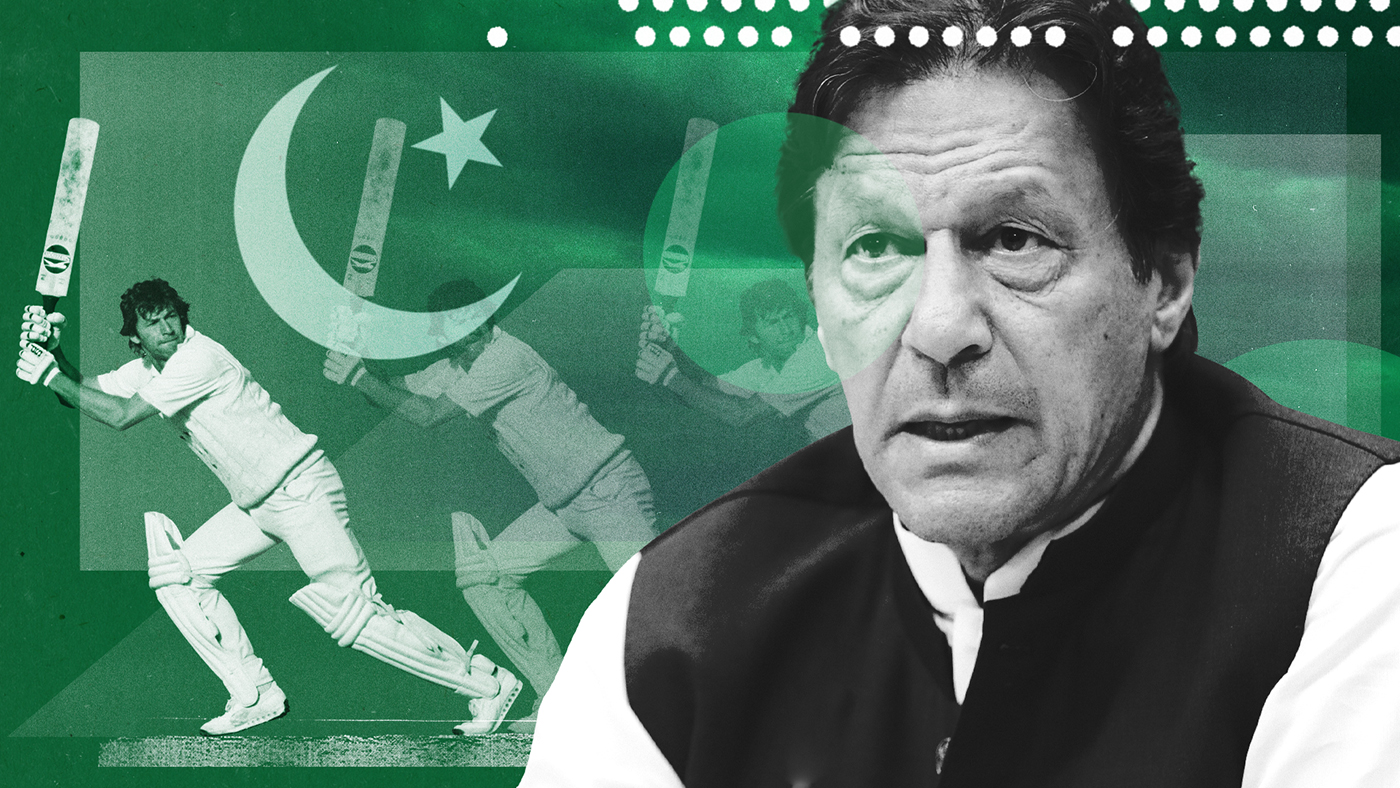
A free daily email with the biggest news stories of the day – and the best features from TheWeek.com
You are now subscribed
Your newsletter sign-up was successful
Violent clashes and protests have erupted across Pakistan after Imran Khan, the country’s legendary cricketer turned populist politician, was arrested on his way to court to face charges of corruption.
The former prime minister, who was ousted last year after falling out with Pakistan’s powerful military, was bundled into a van by dozens of paramilitary troops outside a court hearing in the capital, Islamabad, on Tuesday.
On the streets of Islamabad, “hundreds of protesters blocked one of the main highways in and out of the capital”, said the BBC. Speaking to the broadcaster, Khan’s spokesman, Raoof Hasan, said he expected “the worst” and that the arrest could plunge the country “into chaos and anarchy”.
The Week
Escape your echo chamber. Get the facts behind the news, plus analysis from multiple perspectives.

Sign up for The Week's Free Newsletters
From our morning news briefing to a weekly Good News Newsletter, get the best of The Week delivered directly to your inbox.
From our morning news briefing to a weekly Good News Newsletter, get the best of The Week delivered directly to your inbox.
Khan was released on bail three days later after the country’s Supreme Court ruled his detention unlawful. “He has emerged as the country’s most popular leader,” said Al Jazeera and Khan has called on his supporters to hold “freedom” protests to continue across Pakistan.
“The transformation of Khan from a dashing cricketer, whose private life provided the British tabloids with endless fodder, to a philanthropist who built one of Pakistan’s best-equipped cancer hospitals, to a politician who became the prime minister and is now the most popular man in the country is a dramatic tale,” said Outlook India.
Who is Imran Khan?
Born into a wealthy Pashtun family in Lahore in 1952, Khan attended the exclusive Aitchison College and Cathedral School in Lahore, followed by the Royal Grammar School Worcester in England.
He made his cricket debut for Pakistan in 1971 aged just 18, before studying Philosophy, Politics and Economics at Keble College, Oxford, graduating in 1975.
A free daily email with the biggest news stories of the day – and the best features from TheWeek.com
It was while pursuing his education abroad that Khan “developed a reputation as something of an aristocratic playboy who chased supermodels around the London nightclub circuit and posed lounging on a bed in nothing but a pair of satin shorts”, said The Times of India. He was romantically linked to a number of Bollywood stars as well as the Hollywood actress Goldie Hawn, and later said of his youth: “The playboy image is exaggerated, but I’m not a saint either”.
The high point of his cricketing career came in 1992 when, while nursing a shoulder injury, he cemented his status as a national icon by captaining Pakistan to a win at the Cricket World Cup.
In 1995, three years after retiring, the 42-year-old Khan married the 21-year-old British socialite Jemima Goldsmith, who converted to Islam. The marriage lasted nine years. His second marriage, to a British TV presenter, Reham Ramzan, ended in 2015 after just nine months. He later married his spiritual mentor, Bushra Bibi.
As well as his two acknowledged children with his first wife, he is believed to have fathered at least five other children out of wedlock, although the exact number is not known.
Political wilderness to prime minister
Long recognised as one of Pakistan’s best-known faces internationally, “Khan struggled for years to turn popular support into electoral gains”, said BBC News’s Simon Fraser.
He launched his Pakistan Tehreek-e-Insaf (PTI) in 1996 but it did not emerge as a serious player nationally until the 2013 general election. Five years later, making huge gains in the Punjab province which holds more than half of the 272 directly elected National Assembly seats, a massive swing propelled him to power.
“Khan was seen as a ‘change’ candidate, whose promise to raise a whole new class of clean politicians chimed with voters disillusioned with the old political order,” said Fraser.
Hopes were initially high. The International Centre for Investigative Reporting said in 2018 after he came to power that his government hoped to build “an egalitarian, non-exploitative state based on the principles of the first Islamic state of Medina”. Khan “promises a new society in which all will be equal before the law, political opponents will not be victimised, the judiciary will be independent, the police and military will be re-oriented based on democratic values”, the website added. Additionally, his government promised ten million new jobs and the construction of five million low-cost housing units within five years.
However, many of those pledges went unmet and Khan was charged with tanking the country’s financial system. “To be fair, Khan has tried everything in his playbook to revive Pakistan’s economy,” said the Times of India, in 2020, but his “obsession with media optics has become more important than delivery in office”.
What next?
Khan’s arrest on Tuesday “underscored how far relations have deteriorated with the powerful military, which backed his rise to power in 2018 but withdrew its support ahead of a parliamentary vote of no confidence that ousted him last year”, reported The Economic Times.
In the 12 months since he was ousted the political crisis gripping Pakistan has only worsened, coming to a head in November when Khan was wounded during a political rally after an unidentified man opened fire on his convoy in what many believed was an assassination attempt.
The New York Times described his arrest as a “major escalation” that has “intensified a showdown between the current government and Khan” and “raises the prospect of mass unrest by his supporters”.
“The drama surrounding Khan seems only to have buoyed his popularity,” the paper said, “underscoring his unique ability to outmanoeuvre Pakistan’s typical playbook for sidelining political leaders who have fallen out of favour with the country’s powerful military”.
With his support growing amid ever-intensifying calls for fresh elections few would bet against the former playboy defying the odds to make a dramatic return.
-
 6 of the world’s most accessible destinations
6 of the world’s most accessible destinationsThe Week Recommends Experience all of Berlin, Singapore and Sydney
-
 How the FCC’s ‘equal time’ rule works
How the FCC’s ‘equal time’ rule worksIn the Spotlight The law is at the heart of the Colbert-CBS conflict
-
 What is the endgame in the DHS shutdown?
What is the endgame in the DHS shutdown?Today’s Big Question Democrats want to rein in ICE’s immigration crackdown
-
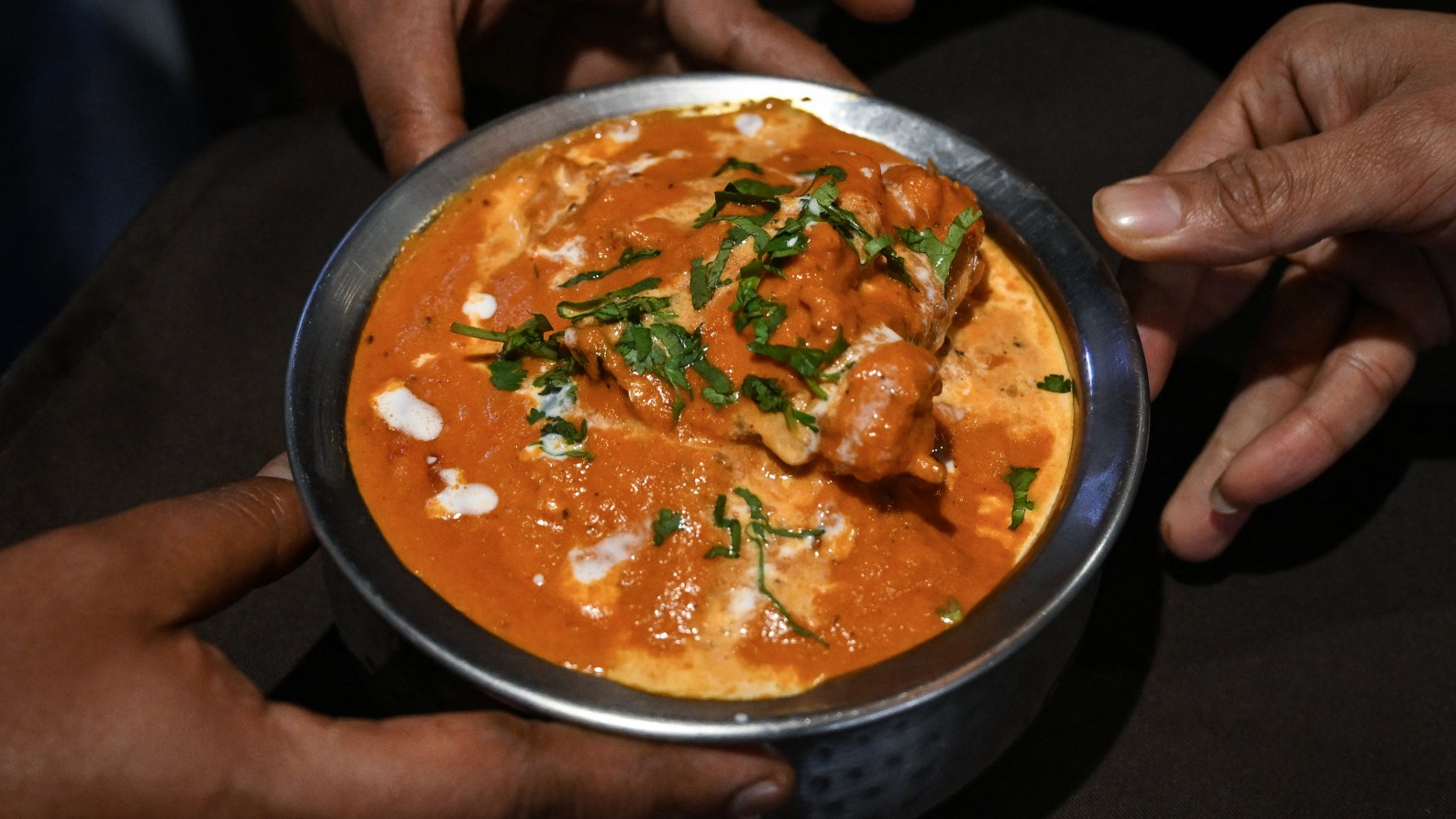 India's spicy dispute over the origins of butter chicken
India's spicy dispute over the origins of butter chickenIn the Spotlight Rival claims at the 'centre of a saucy real-life drama roiling India'
-
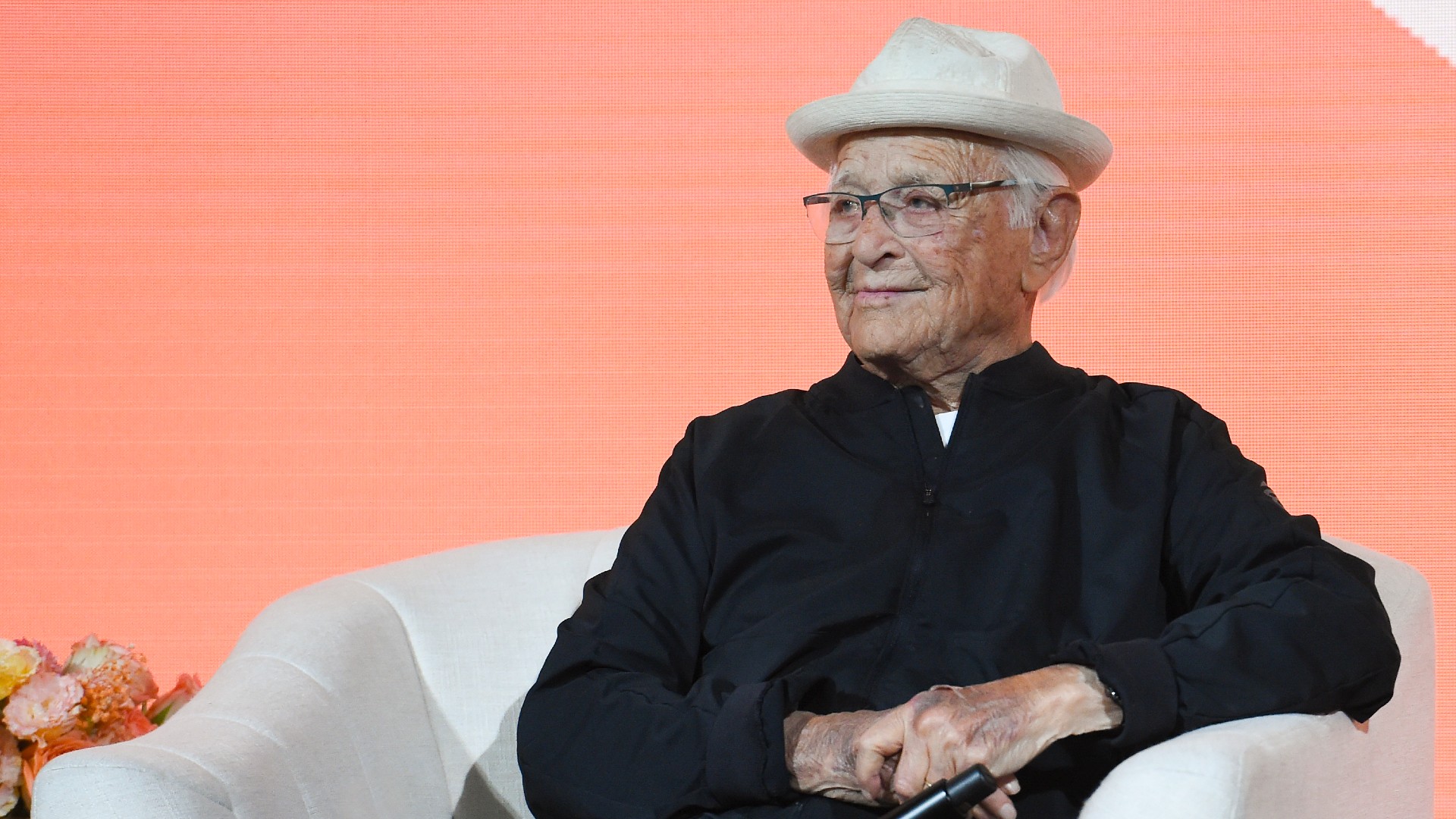 All in the family: honoring Norman Lear, the godfather of the American sitcom
All in the family: honoring Norman Lear, the godfather of the American sitcomthe explainer Lear revolutionized television and brought us memorable characters like Archie Bunker and George Jefferson
-
 Róisín Murphy: Irish singer in puberty blockers row
Róisín Murphy: Irish singer in puberty blockers rowMoloko star voiced concern over the use of medication by transgender children
-
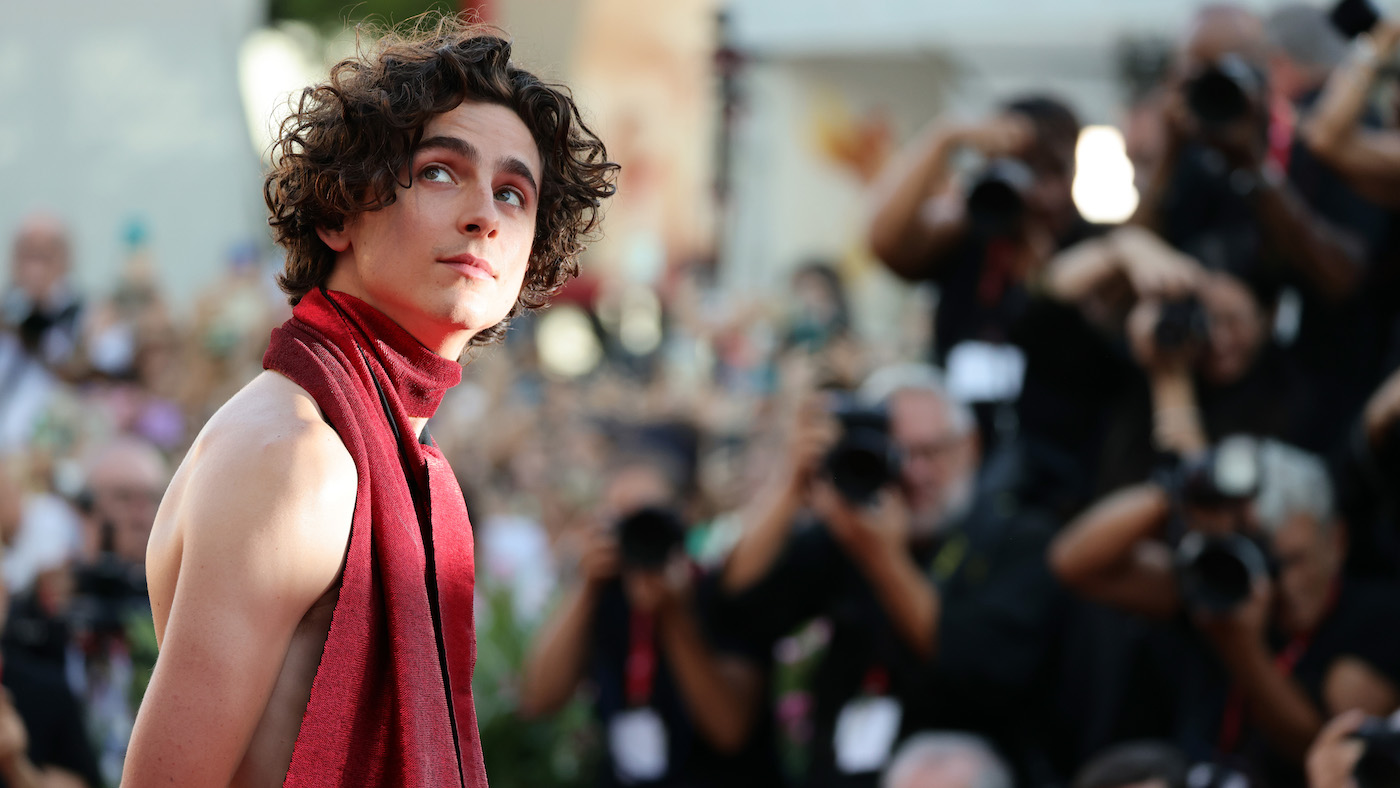 Timothée Chalamet: the making of a global superstar
Timothée Chalamet: the making of a global superstarIn the Spotlight The American-French actor has transformed from art-house actor to blockbuster star and fashion icon
-
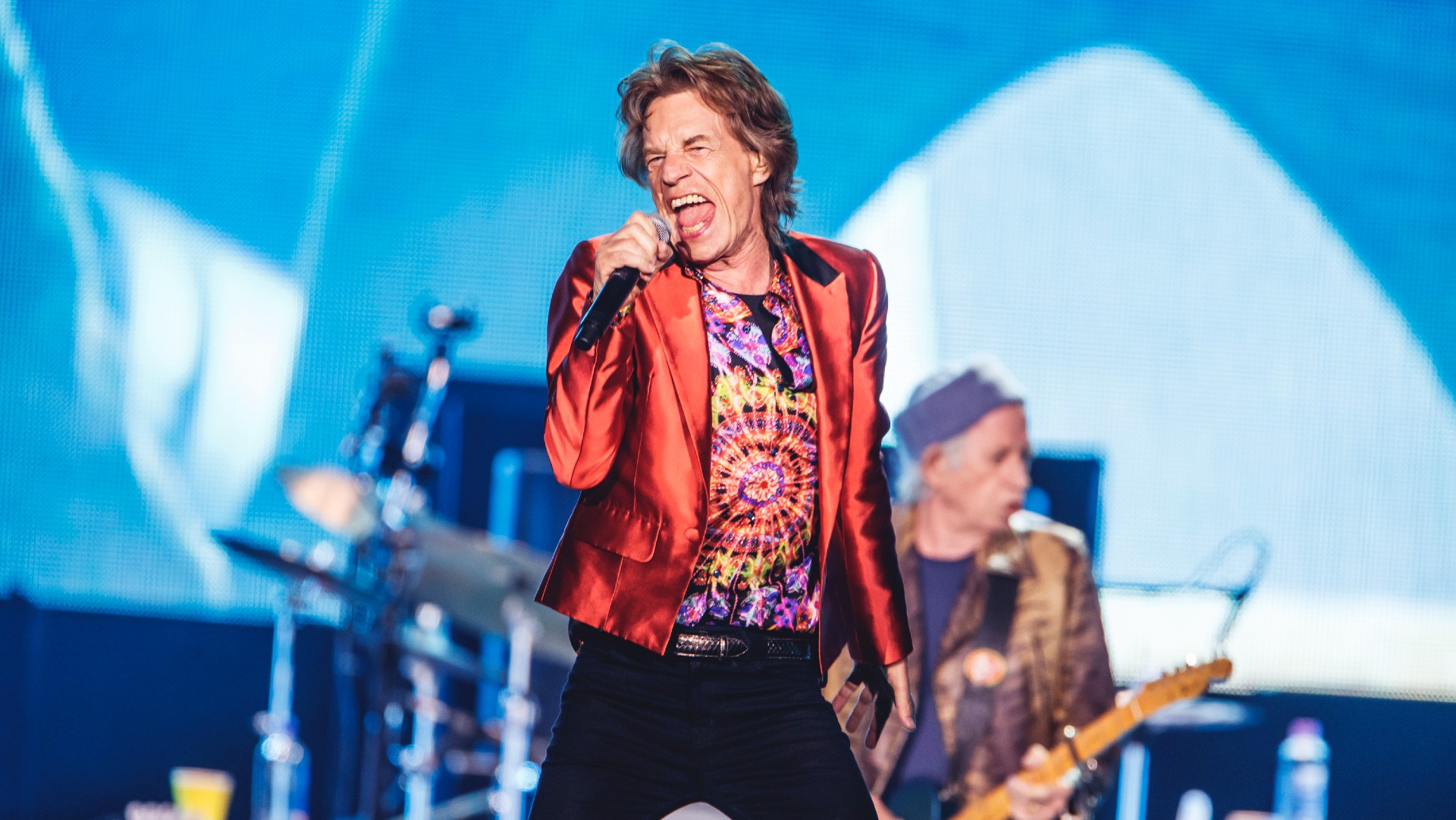 Mick Jagger: five things you might not know about the octogenarian rockstar
Mick Jagger: five things you might not know about the octogenarian rockstarIn the Spotlight The rock legend will celebrate his 80th birthday at a lavish party in London
-
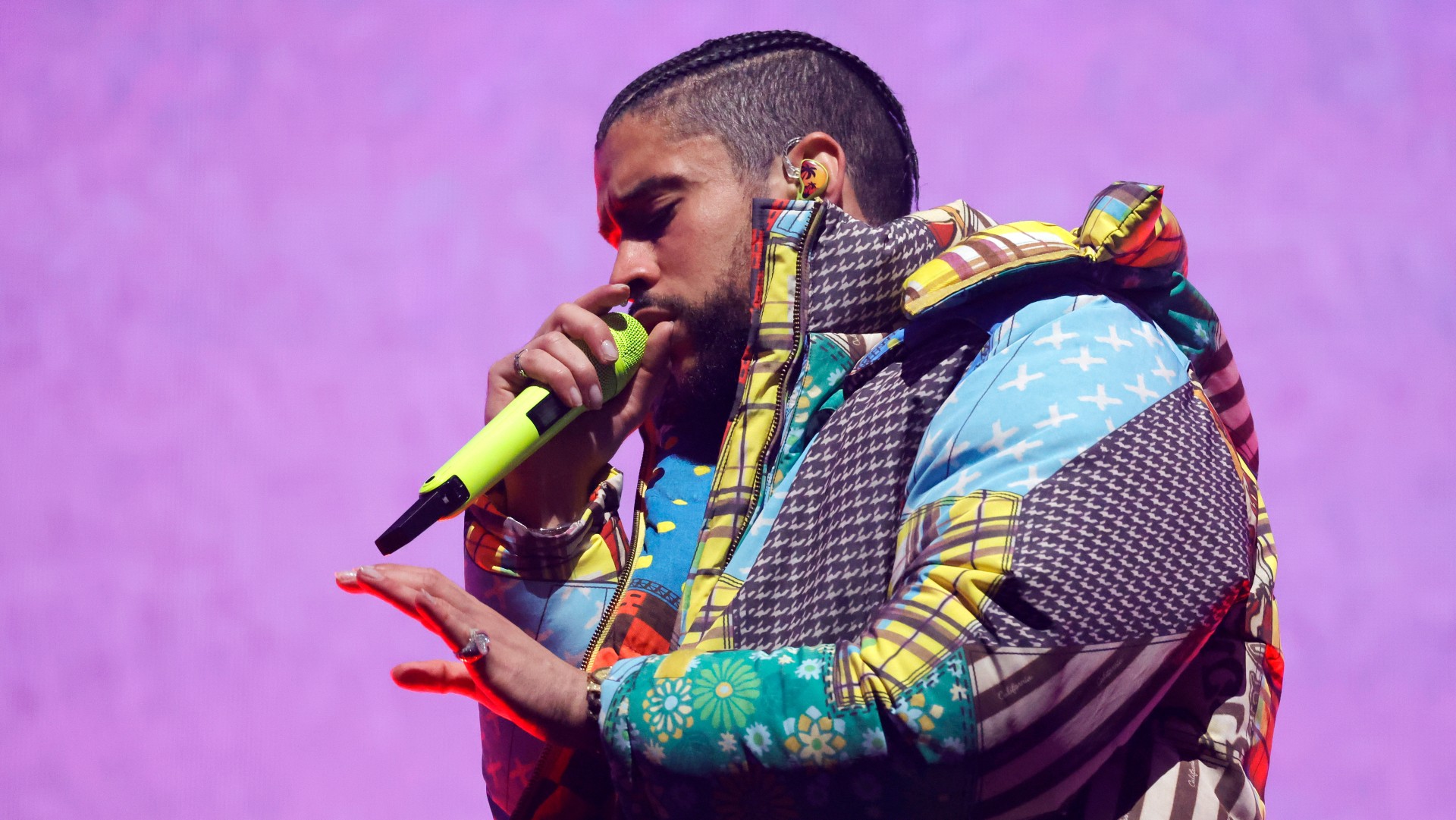 Bad Bunny: world’s most-streamed musician giving a voice to Puerto Rico
Bad Bunny: world’s most-streamed musician giving a voice to Puerto RicoIn the Spotlight Global superstar champions Latino culture, speaks out against corruption and challenges gender norms
-
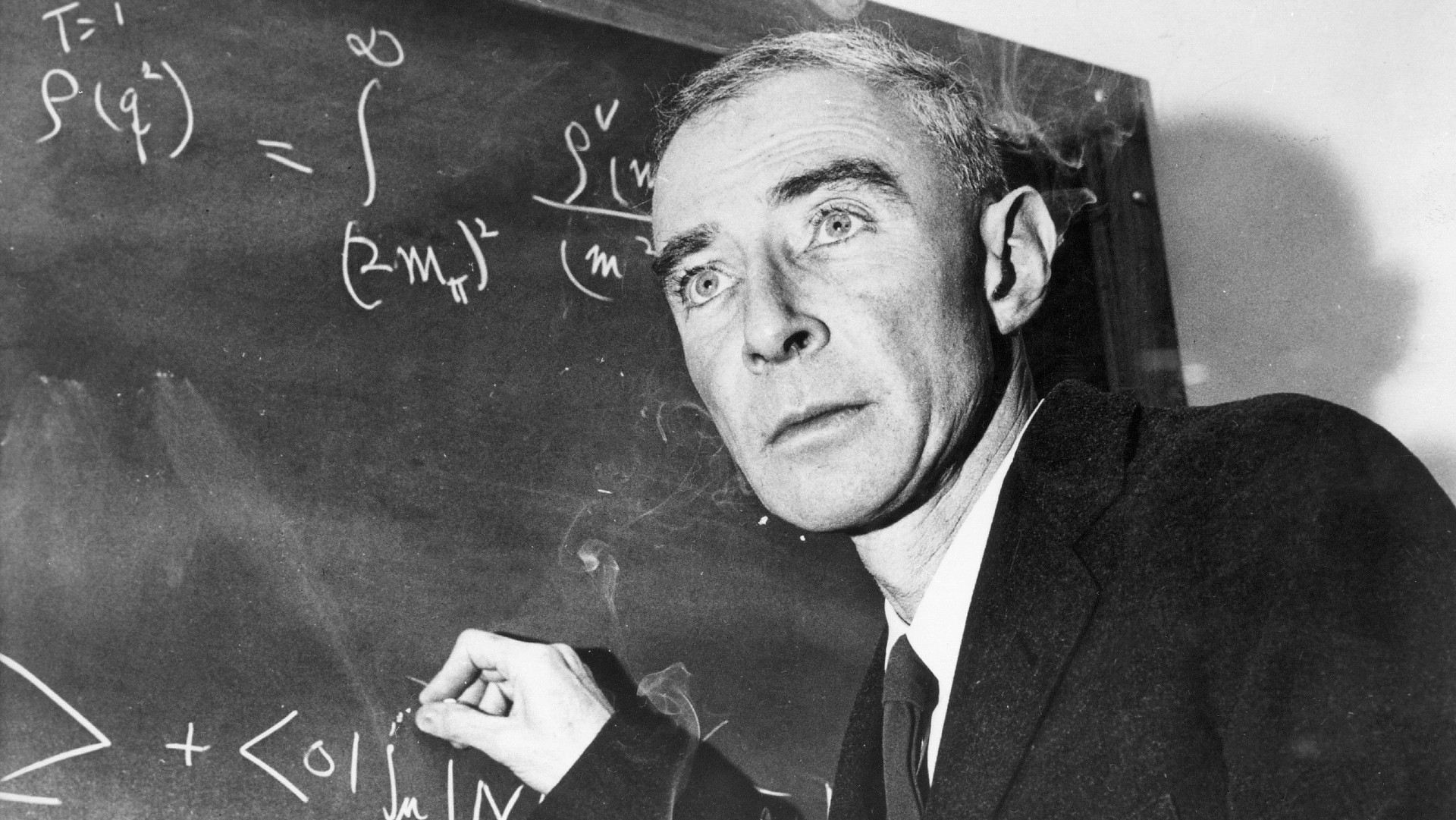 J. Robert Oppenheimer: the real ‘father of the atomic bomb’ at centre of new blockbuster
J. Robert Oppenheimer: the real ‘father of the atomic bomb’ at centre of new blockbusterIn the Spotlight The physicist who led the Manhattan Project has become a martyr for some but his legacy is more complicated
-
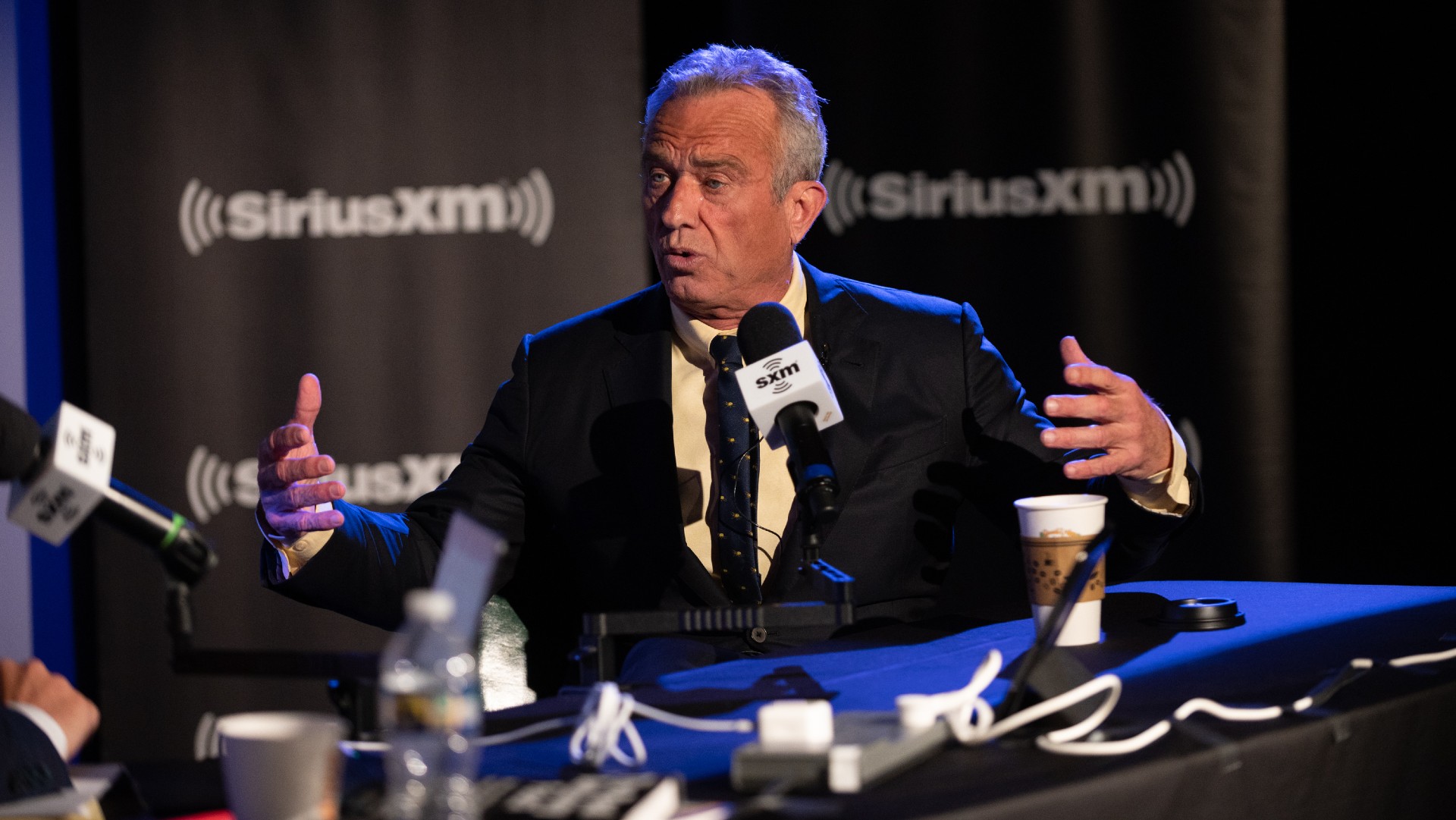 Robert F. Kennedy Jr: conspiracy theorist and Democrat challenger
Robert F. Kennedy Jr: conspiracy theorist and Democrat challengerIn the Spotlight The political scion and vaccine sceptic is taking on Joe Biden in battle to be the party’s 2024 nominee for president